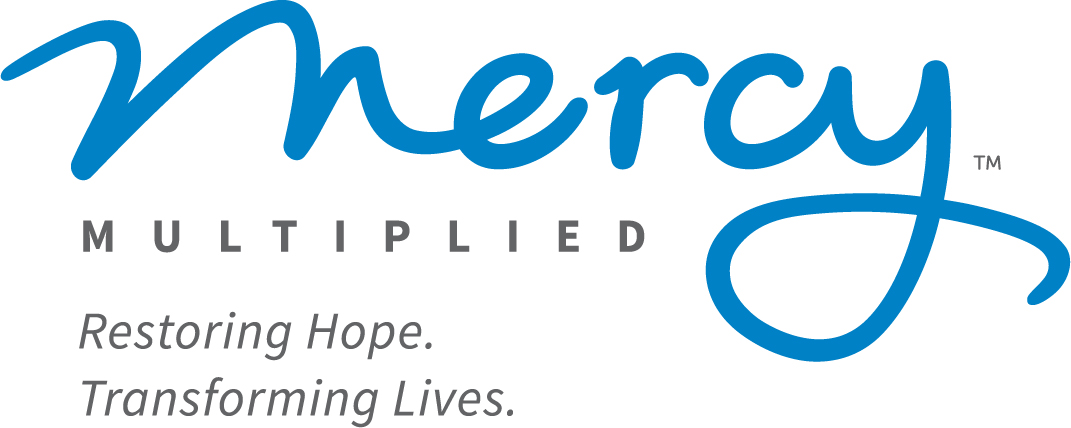Mercy Multiplied’s Christian residential counseling program helps young women between the ages of 13-32 who are dealing with life-controlling issues and situations including anxiety, depression, abuse, eating disorders, self-harm, addictions, unplanned pregnancy, and sex trafficking. Through our generous donors, these services are offered free-of-charge.
If an Applicant is over 17 and has not graduated from high school, she has the opportunity to work toward her high school equivalency (HSE) diploma/certificate. Due to the nature of the program and the focus on healing, Mercy Multiplied does not offer the option of completing university studies.
- Starting with breakfast, daily Bible reading, praise and worship, attending class where Residents watch a teaching and/or have a guest speaker come share words of encouragement, and lunch.
- In the afternoons, the Resident is either participating in counseling, fitness class, working on counseling assignments, and/or attending school.
- In the evenings, the Residents have dinner, an evening class, and go to bed.
Throughout the day, Residents are helping around the house with daily chores and kitchen duties.
In addition to CBC, Residents will have the opportunity to listen and read teachings from internationally acclaimed teachers like Joyce Meyer, Dave Ramsey, Priscilla Shirer, Charlotte Gambill, and many more.
The majority of our residents are prescribed medication during their stay – some enter on medications and others are prescribed medication after they enter the program by an outside 3rd party physician. Mercy does not discourage the use of medication. In fact, Mercy values the role medical intervention and pharmaceuticals have in helping young women struggling with depression, anxiety and other psychiatric conditions. We recognize that after a young woman has processed past hurts and trauma, she may discover that her medications may need to be altered or are no longer needed. In either case, outside physicians would oversee her medication adjustments, not Mercy staff.
